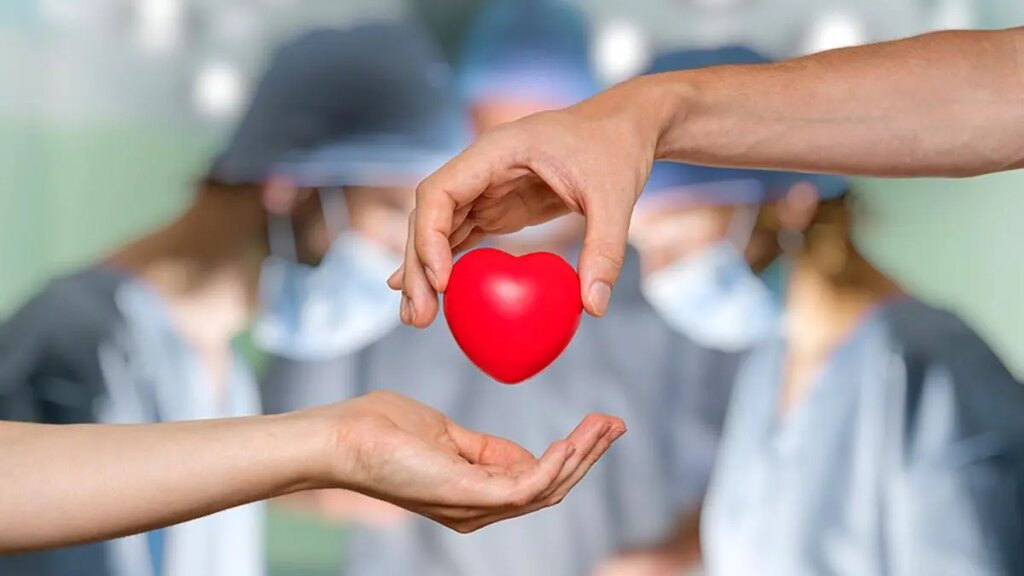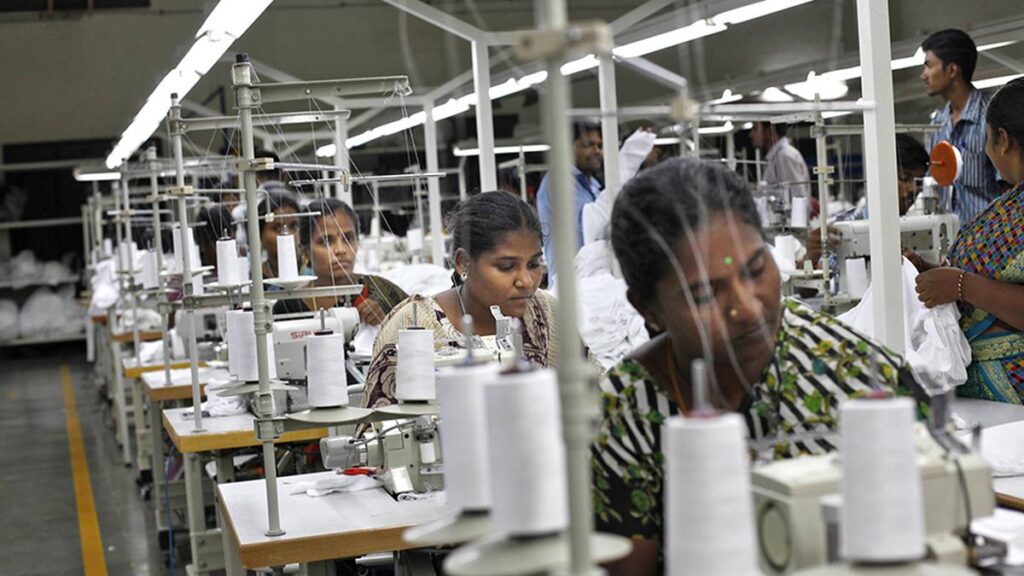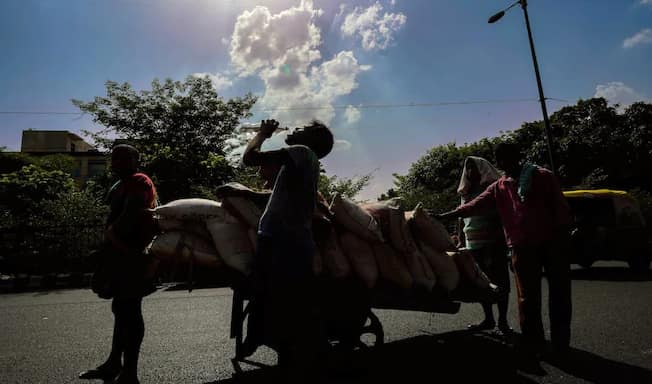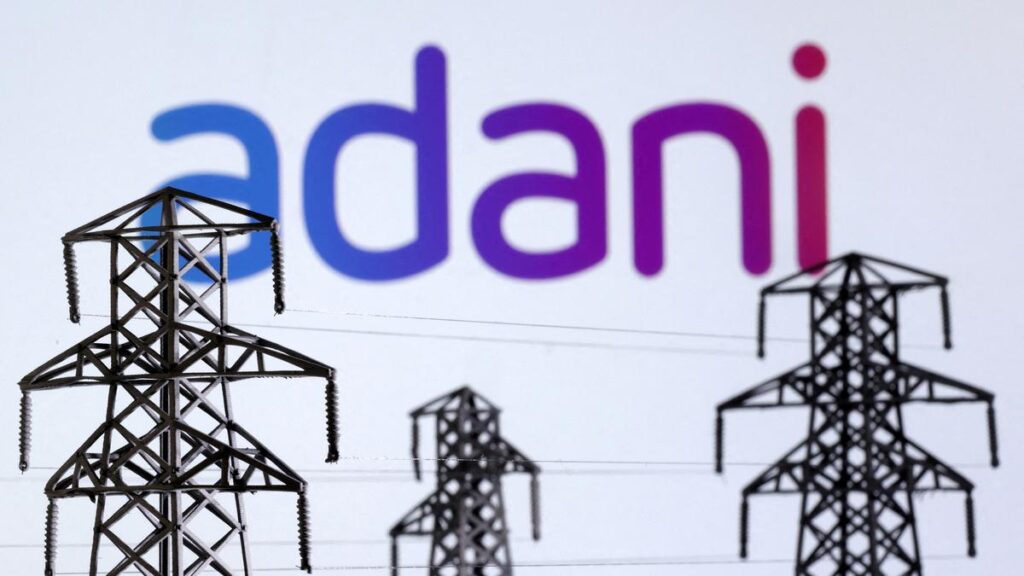More than 3.30 lakh citizens have pledged their organs, since launch of the Aadhar-based NOTTO online pledge website in 2023, and this marks a historic moment in public participation in organ donation, said Union Health Minister JP Nadda, on organ donation day.
India performed over 18,900 organ transplants in 2024, the highest ever recorded in a single year, a significant leap from fewer than 5,000 transplants in 2013, he added.
In fact, “India ranks third globally in the total number of organ transplants, behind only the United States of America and China,” he said, besides leading the world in hand transplants.
The 15th edition of Indian Organ Donation Day looks to promote organ and tissue donation across the country, a note from the Health Ministry said.
“Organ donation is one of the noblest acts of humanity. In a world where medical science has made incredible progress, the gift of an organ is one of the most profound contributions one can make for someone else,” said the Health Minister.
Stressing the importance of organ donation, he said, “there is an alarming rise in the cases of organ failures posing a serious threat to public health and increasing strain on the healthcare system. Every year thousands of people wait for organ transplants. Despite the urgent need there remains a significant gap between the number of patients waiting for transplants and the number of available donors.”
The gap is not due to lack of willingness but often due to lack of awareness and hesitation rooted in the myths and misconceptions, he pointed out.
Addressing the gap between requirement of organs and available donors, he emphasized the need for greater awareness, more public dialogues, timely consent from families and robust system to support diseased donation.
He stated that “Each organ donor is a silent hero, someone whose selfless act transforms grief into hope and loss into lives. One person can save up to 8 lives by donating heart, lungs, liver, kidneys, pancreas and intestines. Additionally, countless more lives can be transformed through tissue donations.”
Financial support
Pointing Government efforts for organ transplantation, he said, “to make organ transplant more accessible, financial support of up to ₹15 lakh is provided to poor patients for transplantation of kidneys, liver, heart and lungs under the Rashtriya Arogya Nidhi. Poor patients are provided support of up to ₹10,000 per month after transplant to cover the medical expenses. Kidney transplant package has also been included in Ayushman Bharat Pradhan Mantri- Jan Arogya Yojana (AB PM-JAY).”
Nivedita Shukla Verma, Acting Secretary, Health and Family Welfare recalled the 1994 Transplantation of Human Organs Act and the first heart transplant at AIIMS – events that shaped the country’s organ donation efforts.
Global shortage
She also pointed to the global challenge of organ shortage, noting that India’s organ donation rate remains under one percent relative to the population. Over 63,000 individuals currently need kidney transplants, and around 22,000 liver transplants.
She stressed the need for timely organ donations from accident victims and those who suffer from heart strokes. Further, she outlined three key areas for progress – identifying more potential donors, expanding infrastructure, and developing human resources as essential to saving lives through ethical organ donation.
Published on August 2, 2025





